Title: Increasing Security-Awareness: the Invisible Power of Digital Traces
Project no: Agreement No. 2022/8 with the Baltic-German University Liaison Office
Project manager: dr. Agnė Brilingaitė
Project duration: 01/06/2022 - 15/11/2022
Beneficiary institution: Vilnius University
Project partners:
Albstadt-Sigmaringen University (Germany), General Jonas Žemaitis Military Academy of Lithuania, Tallinn University of Technology (Estonia), Vidzeme University of Applied Sciences (Latvia)
Project type: Research
Funding priority: Baltica Innovativa
Scientific discipline: Interdisciplinary
Aims:
Due to the digitalisation of public sectors and the professional environment, cybersecurity research and study areas have become central to ensuring service continuity and protecting private and sensitive data. Education of the cyber workforce focuses on hard IT skills and ignores personality features. As for the general population, the typical recommendations and focus lie on personal account and data protection, e.g. authentication methods, password length and wording, and awareness of phishing techniques. Cybersecurity incidents are becoming more advanced, and their scope is beyond the technical implementation of the attack. In the cyber-kill chain, humans can be a weapon, target, and tool to disturb services, steal data, destroy personal and company reputations, and trigger a political crisis. Social engineering attacks can be prepared using data from cyberspace - digital traces - to target human weaknesses. The advent of AI-based social engineering tools may become a game-changer in the near future’s cybercrime context. We aim to research human behaviour when solving cybersecurity tasks related to various digital traces and aim to widen the scope towards new trends pointing at future cybersecurity challenges. The project team will establish collaboration for further study and research activities in the interdisciplinary approach of cybersecurity, psychology, and education.
Funding:
This project of the Baltic-German University Liaison Office is supported by the German Academic Exchange Service (DAAD) with funds from the Foreign Office of the Federal Republic Germany.
2022-06-17
